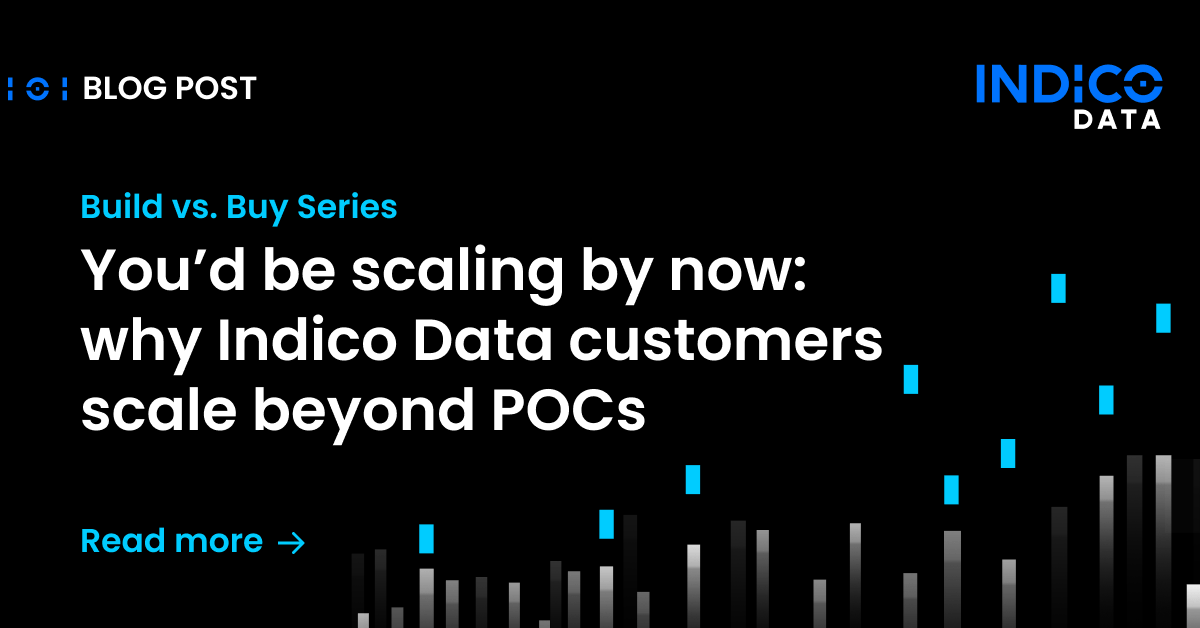By Tom Wilde
From sessions and discussions at the recent insurance-focused Guidewire Connections conference, I came away with three big, related takeaways: in all the talk of digital transformation the insurance “middle office” is being neglected, speed is increasingly becoming the killer attribute in insurance processes, and automation is critical to efficient scalability, maybe even survival.
The items are related because I see the last one – automation – as a big part of the solution for the first two. Insurance companies need more automation nearly across the board to help scale their most important processes. They need to automate the insurance submission process, automate underwriting, and automate claims processing, for starters.
Related content: Underwriting Automation for Insurance Providers
Automating the insurance middle office
As in many other industries, insurance company front office functions, at least traditionally, are customer-facing, such as sales and customer service. The back office provides support functions, include accounting, finance, and reinsurance.
Functions such as claims and underwriting are in a sort of middle ground, where interaction is required both with end clients and back office personnel. Some argue digital transformation has shifted some personnel from the front office to the middle, because online portals and mobile apps have replaced many customer-facing functions.
That may well be the case, and it’s all the more reason insurance companies need to take a hard look at how to bring technology to those middle office functions.
Take the insurance broker submission process, for example. Today it largely amounts to insurance associates manually reading emails and lengthy attachments that contain multiple distinct documents. They have to extract and categorize each document, identify pertinent data from each, and enter the data into a downstream underwriting system. It’s a tedious, error-prone process that takes too long.
It’s past time for insurers to automate submission processing, along with claims and underwriting, which suffer from similar, manually intensive processes.
Related content: How partnerships help drive underwriting transformation and automate the insurance submission process
Increase speed, win more business
In fact, it’s likely a corporate imperative, as numerous speakers at the conference pointed out. We’ve written before as well about how commercial insurance companies are struggling to keep up with the number of submissions they’re getting. They’re literally leaving money on the table because they can’t process requests fast enough.
I’ve also heard it from insurance clients we deal with, who say they never get to some 60% of broker submissions. On the one hand, I guess it’s a nice problem to have – more business than you can handle. But on the other, it would make me crazy thinking about all the potential lost revenue in those submissions that were never processed.
It all gets down to the need to increase the speed at which submissions are processed. Although it’s not just submissions. As noted above, the same sorts of dynamics apply to underwriting and claims processing.
Think about underwriting. Imagine you could automate that submissions process, with an artificial intelligence-based software model poring over submission documents and extracting relevant data for input to your underwriting system. Not only would such a system be night-and-day faster than even your most efficient employee, it would be more consistent and accurate – because computers don’t get tired. So, you’d be able to input better data faster to your underwriting platform, and hence make more informed decisions.
And the real kicker is, you’d write more policies business because let’s face it, whoever responds first to an insurance submission request is likely to grab the business. Speed wins.
Insurance automation is imperative
By now you can probably see the importance of automation in this equation. It’s critical to effectively scaling your organization, by getting more out of your existing workforce. Automation helps you increase profitability without increasing headcount.
The key is adopting the right kind of automation. When we’re talking about automating underwriting or an automating claims processing, we mean dealing with lots of different types of documents and images. The vast majority of this content is unstructured, which means it doesn’t have a well-defined format like a spreadsheet or database does.
Earlier attempts such as robotic process automation (RPA) or templated approaches can’t handle unstructured content; they work only with documents where everything is in the same place all the time. And they certainly can’t read an email, discern an ACORD form from a custom form, or dissemble and categorize those large PDFs that come with broker submission requests.
For that you need an intelligent document intake platform, one based on AI technologies such as natural language processing and transfer learning. Such a platform has the intelligence required to “read” those broker submissions just as your associates do – only lots faster.
Related content: How to automate the insurance submissions intake process and drive new premium growth
The Indico Data solution
The Indico Unstructured Data Platform is that kind of solution. It can help you address those middle office functions, including automating claims processing, underwriting and submissions. And it’ll greatly increase the scalability of your existing workforce.
Learn more about how intelligent automation can transform your insurance business:
check out our reference guide on property & casualty insurance, contact us with any questions, or schedule a demo. By the time next year’s Guidewire Connections event rolls around, you could be giving a presentation touting your results.


